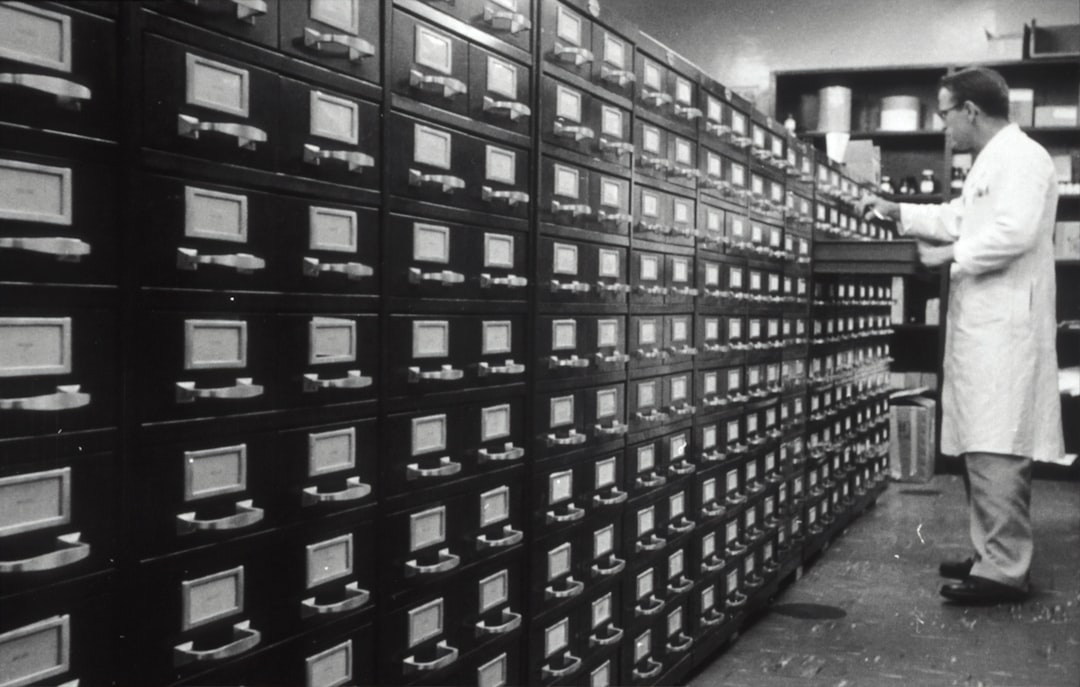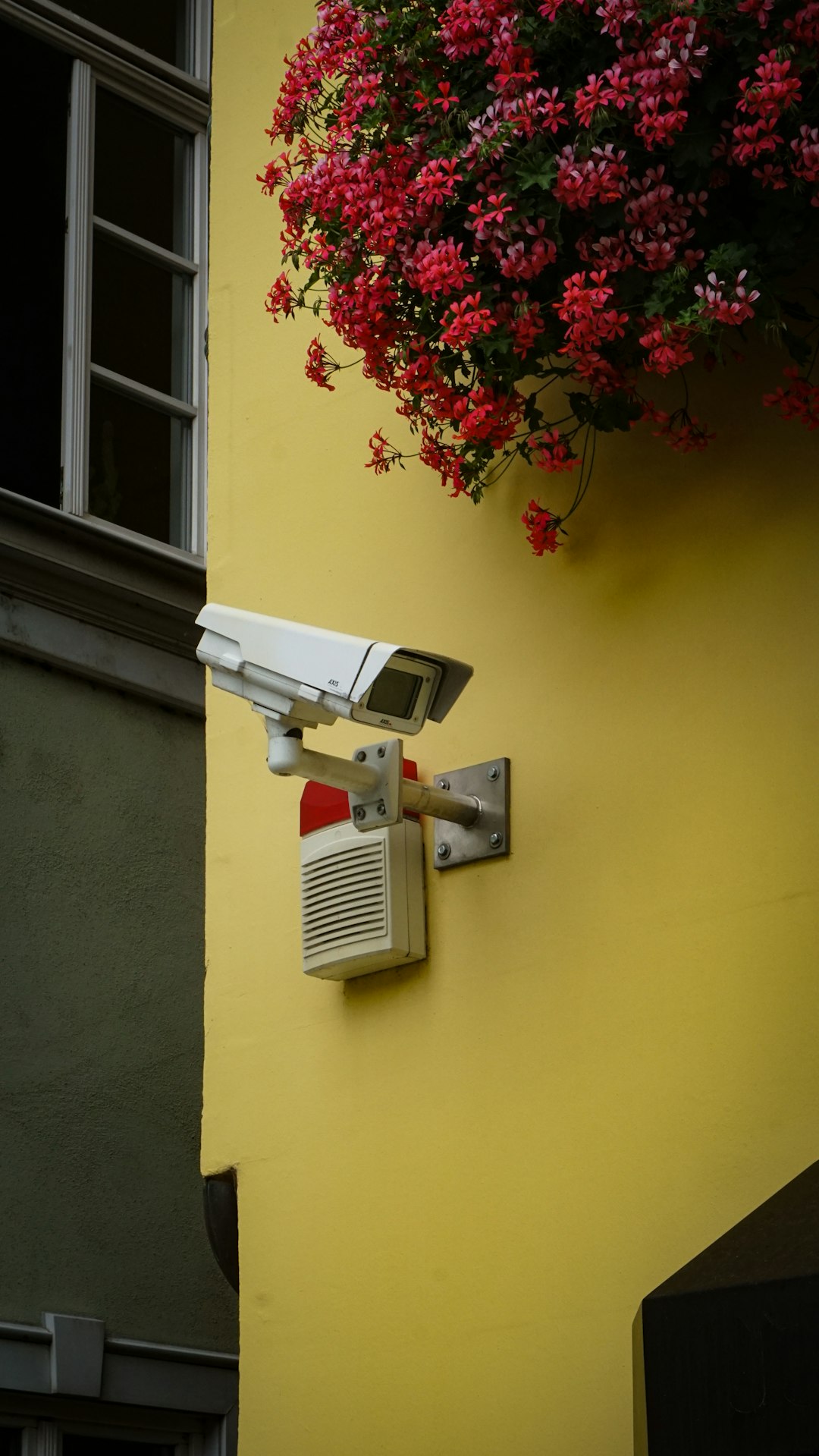Accessing archived chats in ChatGPT is an essential feature for users who rely on the tool for professional, educational, or creative purposes. Whether you’re revisiting a previous brainstorming session, retrieving code snippets, or referencing customer support discussions, having access to past conversations significantly enhances productivity and continuity. This article will walk you through everything you need to know about accessing archived chats in ChatGPT effortlessly.
Understanding Archived Chats in ChatGPT
Archived chats in ChatGPT refer to all previous conversations that you, as a user, have had with the chatbot. These are saved under your account history, allowing you to revisit them whenever necessary. OpenAI ensures these chats are preserved under strict privacy regulations, although users should still adhere to guidelines when storing sensitive information.
Unlike conventional messaging platforms, the storage and retrieval of archived chats in ChatGPT are integrated into the overall user interface, making the process seamless and user-friendly. This functionality is especially beneficial for power users, such as developers, researchers, and professionals, who interact with ChatGPT on a regular basis.
Where to Find Archived Chats
To locate your archived chats, follow these steps:
- Log into your ChatGPT account: Start by logging in through OpenAI’s website or the desktop/mobile app.
- Navigate to the sidebar: On the left side of the screen, you’ll find a sidebar containing all your recent chats. This acts as your chat history panel.
- Scroll through or use the search function: You can manually scroll through your archived chats or utilize the search bar (if available) to find specific conversations based on keywords.
It’s important to note that your chat history may only be available if the feature is enabled in your data controls. If you’ve previously disabled chat history, those past logs may not be accessible.
How to Enable or Disable Chat Archiving
OpenAI allows users to control how their chats are stored. This brings a level of privacy and customization to your experience. Here’s how to enable or disable chat archiving:
- Access Settings: Click on your name or the settings icon at the bottom left corner of the interface.
- Select Data Controls: Navigate to the Data Controls section within your account settings.
- Toggle Chat History & Training: Here, you can turn this feature on or off depending on your preference. Enabling this will save your past conversations and allow OpenAI to use them for model training (with de-identified data), while disabling will prevent any logging from that point forward.
If archiving is turned off, ChatGPT will not retain records of those sessions. For long-term projects, it’s advisable to keep this feature enabled and manually delete sensitive chats if necessary.
Search Capabilities Within Archived Chats
As of the latest updates, ChatGPT offers basic search functionality to locate specific archived conversations. This is a convenient feature for users who heavily rely on multiple threads with various topics.
Here’s what you should know about the search function:
- Keyword Search: Enter relevant keywords into the search bar on the left panel to filter previous chats.
- Scroll Navigation: You can scroll through and visually identify conversations by their titles or timestamps.
- Manual Organization: While title editing is not currently available in all versions, users can copy and save chats externally for better archiving.

Currently, the search feature is evolving, and future updates are expected to include enhanced metadata filtering, tagging, and integration with external tools like note-taking apps.
Downloading or Exporting Archived Chats
If you’re concerned about data longevity or wish to archive your conversational data locally, exporting chat histories is an available option. OpenAI allows you to export your data as part of its compliance with data portability regulations.
To export your chats:
- Navigate to your ChatGPT Profile.
- Select Settings > Data Controls > Export Data.
- Request an export link to your email. Once available, you’ll receive a downloadable archive (usually in JSON format).
This export includes a copy of your chat history and other account-related data. While JSON might not be visually user-friendly, it can be converted into readable formats using text editors or data visualization tools. For more accessible output, consider pasting select conversations into a document editor or note-taking app and formatting them manually.
Best Practices for Managing Archived Chats
Managing archived chats effectively can result in better organization and quicker access. Here are some recommended practices:
- Maintain an External Archive: Save crucial chats offline in categorized folders with descriptive names.
- Avoid Sensitive Data: Avoid sharing passwords, financial or proprietary data in live chat—even in archived logs.
- Use Naming Conventions in Chats: Begin sessions with a custom label or clear subject for easier identification later.
- Regularly Review Stored Chats: Periodically go back and delete old or irrelevant conversations to reduce clutter.

Professionals who use AI assistance frequently—such as customer service managers, content creators, or software developers—stand to benefit greatly from building a structured system for referencing past interactions.
Limitations and Privacy Considerations
While archived chat access is immensely helpful, it’s important to understand its limitations:
- No Real-Time Sync Across Devices (Yet): While most activity syncs across logged-in devices, latency or display issues may occur.
- Limited Advanced Sorting Features: Unlike project or productivity apps, ChatGPT’s history pane doesn’t yet allow for tagging, color coding, or folder systems.
- Privacy Trade-Offs: Enabling chat history assists OpenAI in improving their models via anonymized data collection. Always weigh usability against privacy when adjusting these settings.
To mitigate concerns, OpenAI provides an option to delete individual chats or wipe your history entirely via the settings menu.
Upcoming Features to Watch
OpenAI continues to innovate around user transparency and data management. According to community feedback and company roadmaps, several improvements may be introduced in future versions:
- Smart Tags and Folders: Allow users to better organize and retrieve chats based on topic or project.
- Enhanced Search Filters: Facilitate refined searches using dates, keywords, or context markers.
- Integration with Other Tools: Enable exporting chats directly into apps like Notion, Evernote, or Google Drive.
Users are encouraged to keep their applications updated so they can benefit from new releases and stability enhancements.
Conclusion
Archived chats in ChatGPT are more than just a log; they are a repository of intellectual progress, experimentation, and communication. Whether you’re managing a startup, learning a new language, or automating support responses, having quick and effortless access to your previous conversations is a critical productivity asset.
By understanding how to manage, retrieve, and safeguard your archived interactions, users can fully leverage the power of ChatGPT in both personal and professional contexts. Be sure to periodically review your chat history settings, export essential data, and organize your conversations for long-term effectiveness.
With intentional management and a bit of routine maintenance, accessing archived chats in ChatGPT can be as effortless as sending a message.



